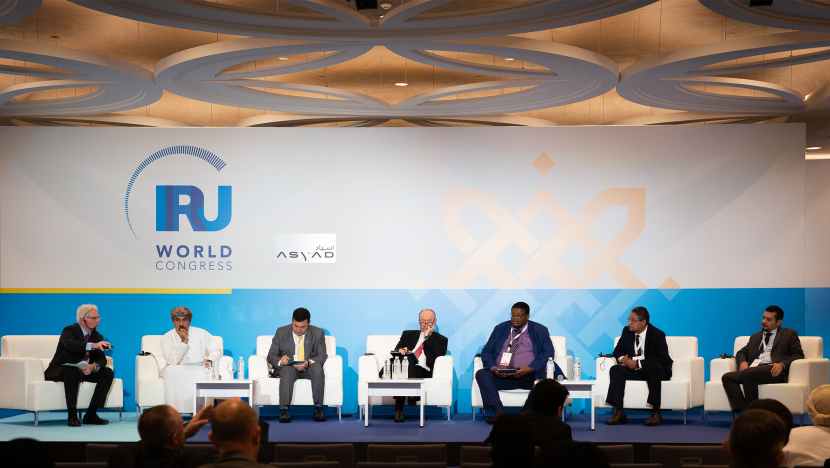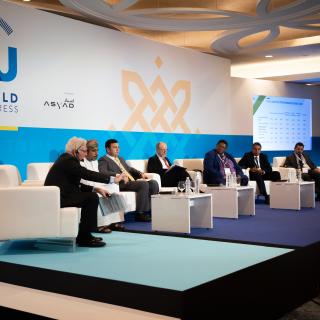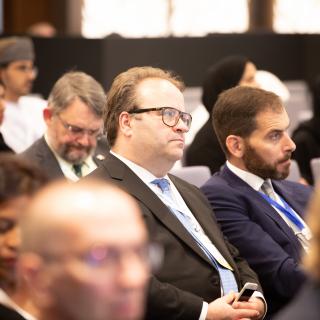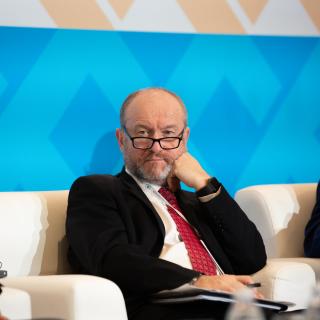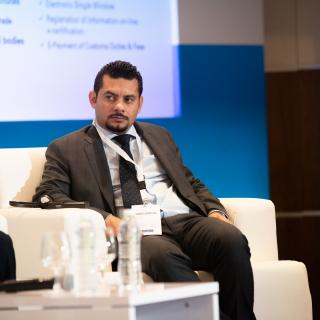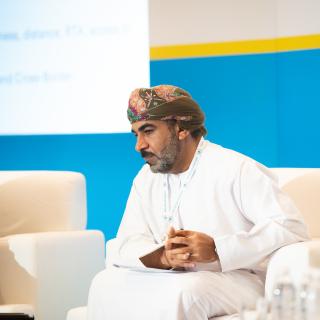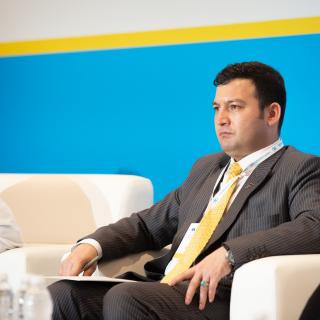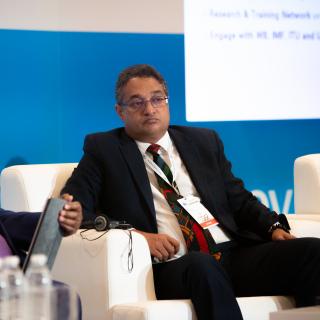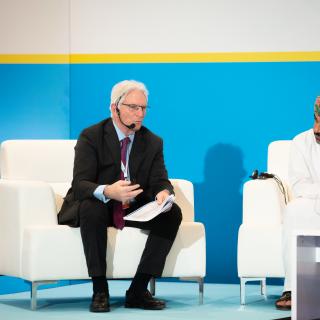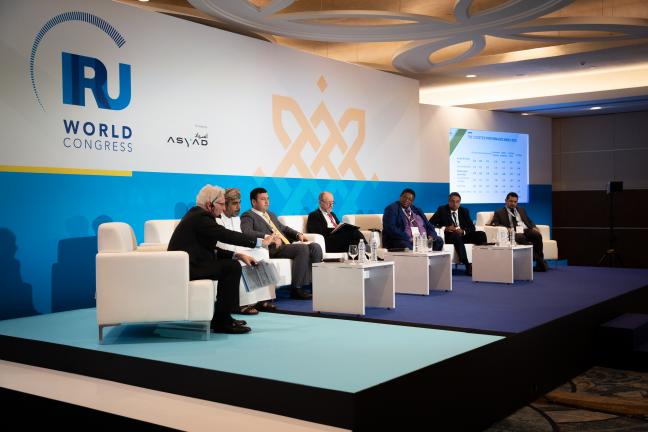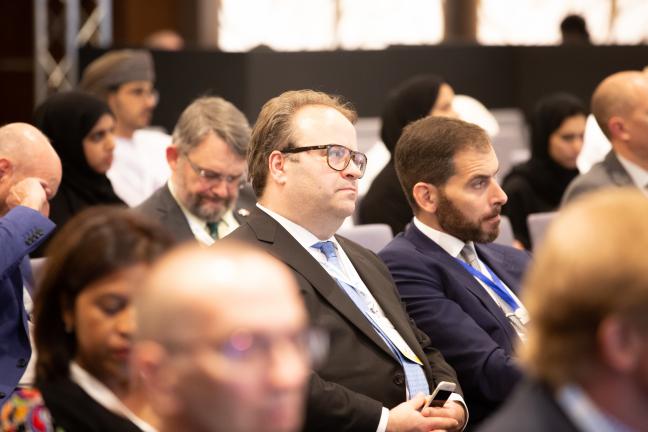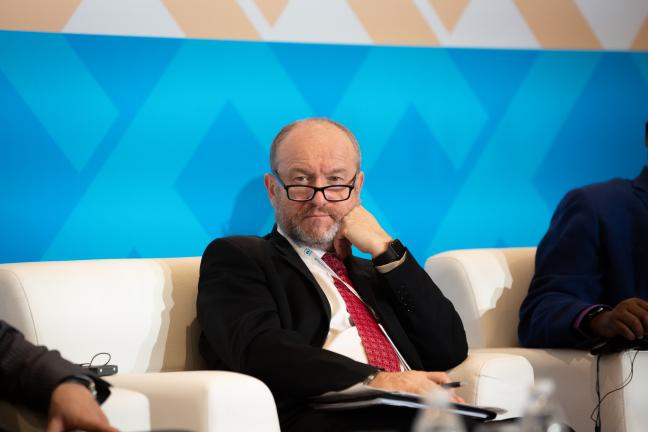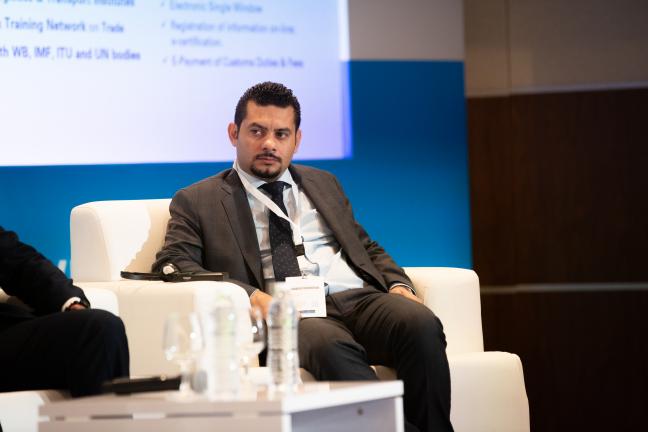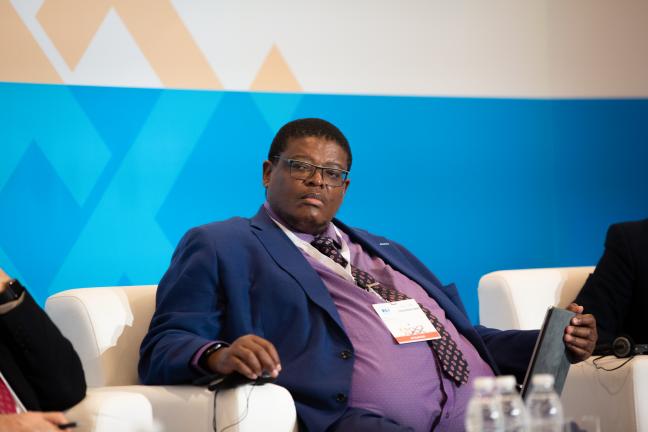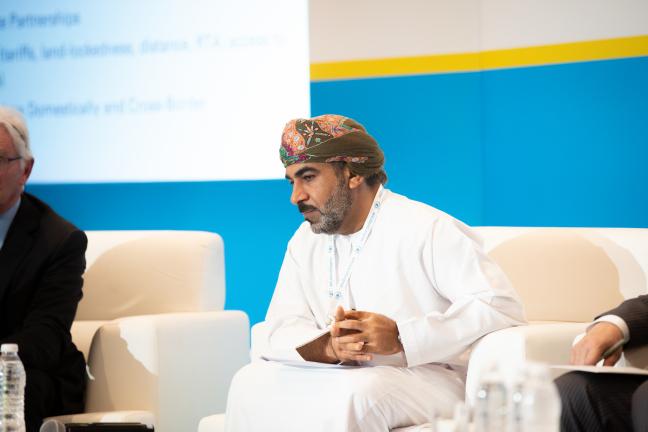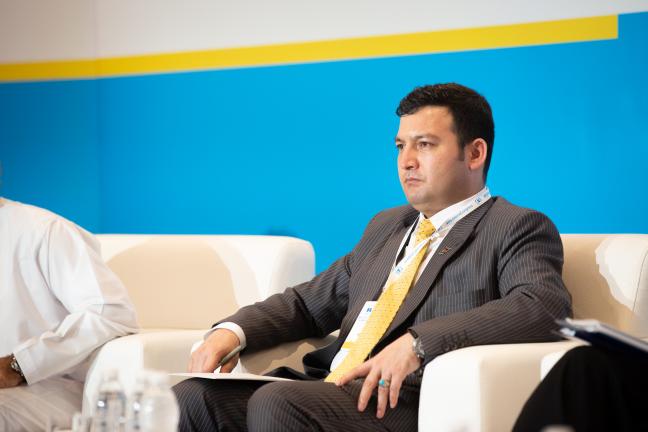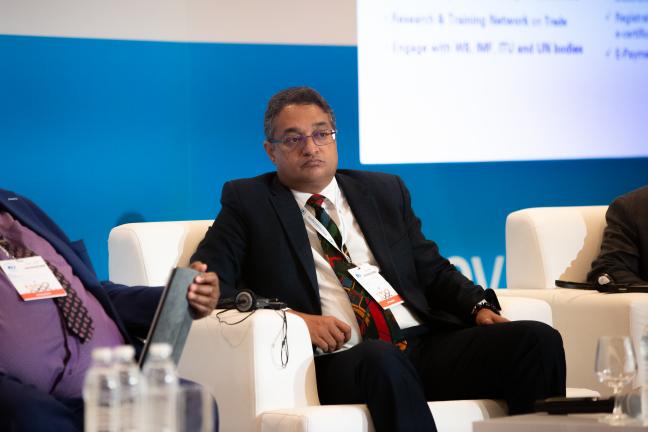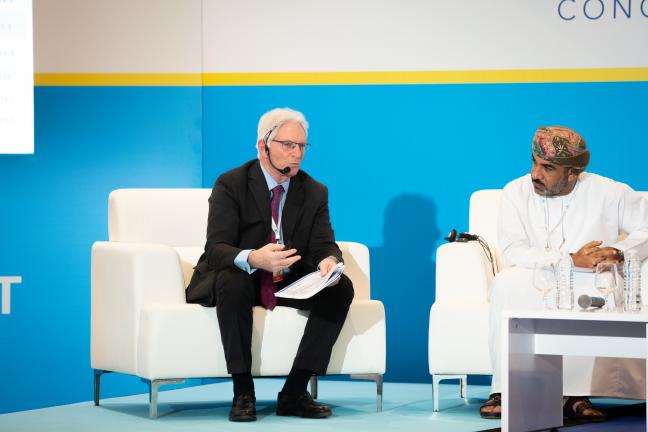Roundtable session wrap-up
Part of the “Governing Road Transport” hub at the World Congress, this roundtable raised awareness of national and regional initiatives to promote trade.
For centuries, the traditional approach to policy-making was to handle every regulatory issue as a national or regional matter. This approach is no longer relevant in a globalised world. Globalisation has brought its own series of new regulatory challenges which require governments to redefine regional or international cooperation. Road transport operators must understand regulatory developments and how they can support regulators’ work. They need to consider questions such as how should regulators provide good governance for transport operators? Can exchange of information between national and regional authorities enhance collaboration? And how can transport businesses help regulators react faster to changing market structures?
Panel participants include moderator Nasser Saidi, former Lebanese Minister of Economy and Trade; Mohammad Hamid Tahmasi, Minister of Transport of Afghanistan; Dr. Ahmed Mohammed Al Futaisi, Minister of Transport and Communications, Oman; Olivier Le Ber from the World Bank; Sipho G. Khumalo from Cross-Border Road Transport Agency South Africa; Aditya Krishnan from Agility Oman; Mutasim Abuhmaidan from Kuehne + Nagel.
Promote trade by building trust between the public and private sectors, and developing a joint concrete strategy
The panel opened with a discussion on what governments can do to further support private sector development. Dr. Al Futaisi offered his government’s perspective by saying that all trade facilitation efforts are done with the primary purpose of supporting private sector expansion. He explained that his government’s solution for promoting trade was to bring the government and the private sector together, building trust between the two sectors, and developing a joint concrete strategy to promote trade.

